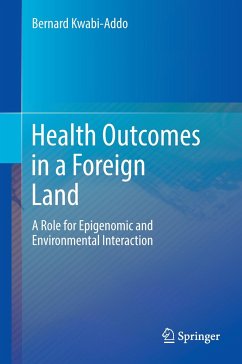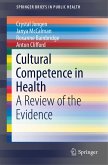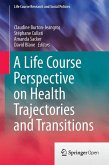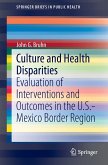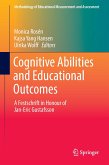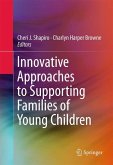This stimulating volume uses multiple lenses to analyze the complex causes of health disparities affecting minorities, in particular African Americans, and explains how this knowledge can be used to reduce their destructive effects. Pinpointing genetic, non-genetic, and epigenetic factors underlying health conditions common to the population-including heart disease, hypertension, diabetes, and cancer-the author traces intricate links among these factors in the current environmental and social context. The section on non-genetic factors in health disparities, such as social determinants and health behaviors, adds depth to the ongoing discourse on public health and health policy objectives. And the chapters on gene/environment interactions outline the vast potential for developing new multidisciplinary frontiers in shrinking health inequities and personalizing care.
Included in the coverage:
The African diaspora and disease-specific disparities
The genetic basis to health disparities
The role of epigenetics
Economic factors and health
Psychological issues and how they affect disparitiesGene-environment interactions in health disparitiesRace, a biological or social concept
Compelling and accessible, Health Outcomes in a Foreign Land will challenge and inspire medical students, epidemiologists, public health professionals, biomedical research scientists, and social scientists to go farther in their work. A wider audience would include policymakers, government officials, nurses, physicians, lawyers, economists, community outreach investigators, and interested general readers.
Included in the coverage:
The African diaspora and disease-specific disparities
The genetic basis to health disparities
The role of epigenetics
Economic factors and health
Psychological issues and how they affect disparitiesGene-environment interactions in health disparitiesRace, a biological or social concept
Compelling and accessible, Health Outcomes in a Foreign Land will challenge and inspire medical students, epidemiologists, public health professionals, biomedical research scientists, and social scientists to go farther in their work. A wider audience would include policymakers, government officials, nurses, physicians, lawyers, economists, community outreach investigators, and interested general readers.
"This is a multilayered, interdisciplinary survey of genetic and non-genetic influences on health inequities, mainly among Americans of African descent. ... it is a highly readable epidemiological synopsis from an under-represented viewpoint - that of a recent West African immigrant confronting a country founded by immigrants. As such, it offers a new, potential source of insights." (Fatimah Jackson, nature.com, July, 2018)

